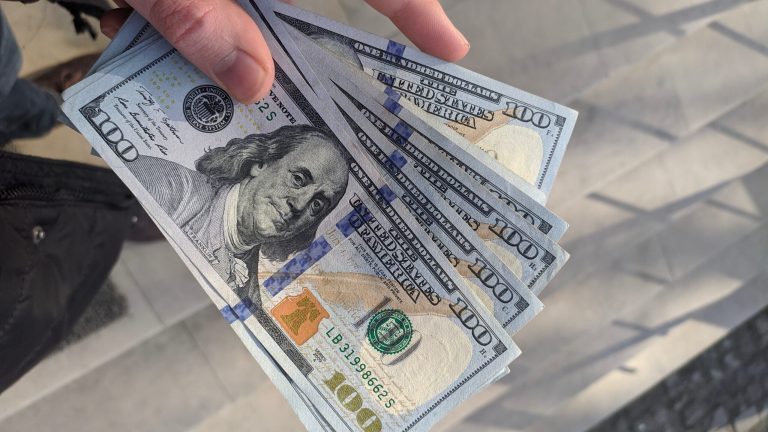In May 1998, the Government of Pakistan froze all foreign currency accounts (FCA) estimated to hold $7.56b in an emergency action declared to protect the economy.
The Government of Pakistan instructed banks to pay Pakistanis receiving $ salaries from offshore companies in local currency at inter-bank rates. All dollar assets were converted to the local currency.
The effect of these actions was devastating to the economy of Pakistan. The primary impact was a loss of confidence in Pakistan’s Government, which was evident in many ways, including private sector remittances stopping completely, with Pakistan losing $2.5b in remittances projected inflow for that year.
Private investment in 1990 in Pakistan was 6.8% of GDP, but after the freeze of the FCA, it fell to less than 1.7% of GDP. Pakistan’s GDP and gross investments also declined. Pakistan’s foreign reserves fell from $1b to $500m in November 1998.
Pakistan did not fix their structural issues, it took the easy path of seizing FCAs and got a sugar high of a one-time increment in the foreign reserves from the appropriation of FCA.
However, Pakistan still needed an IMF Bailout of $6B in 2019 to “reduce economic vulnerabilities”.
A few years ago, legislators in Nigeria wanted to “take” cash from the trillions in the Retirement Savings accounts to fund the budget. It had to be explained carefully that the cash contributions did not translate to cash sitting in PFA accounts but were invested in Treasury Bills, Bonds, and Shares.
Today, the target is Domiciliary accounts. The reports again are similar, unprofessional, and sensational, “the government wants to take your dollars.”
Again, the Central Bank of Nigeria has been forced to issue a disclaimer that there is no plan today or in the future to seize private domiciliary accounts of Nigerians.
It is important to do another educative post for the record.
Let us assume the cash was in the vaults, and the Government took it. Can you imagine the negative publicity? Do you think the FGN will not be sued and assets abroad targeted? Do you think anyone will touch Nigerian bonds or letters of credit?
The estimates of foreign currency balances in Nigeria range from $25b to $30b. Were the Government to touch the domiciliary accounts, the flow of private remittances to the CBN, averaging $5b a month, would immediately and completely dry up. The Government will “gain” $25b to $30b immediately and then lose $5b monthly.
If private assets are targeted, Nigerians and foreigners will shun all Nigerian bonds, including Eurobonds and the Pension scheme. The thinking is simple: if Domm accounts can be taken at will, everything else can be accepted.
Operationally, Banks do not keep cash in vaults to stare at the money; banks invest your cash, and that’s how banks earn interest income that pays salaries and dividends. Banks keep liquidity to meet withdrawals, which is all.
Can the FGN get dollars from the domiciliary account?
Yes, by creating a $ denominated bond, issued locally by the Debt Management Office or CBN, offering a rate higher than the US Fed rate.
These bonds will attract Nigerians because they eliminate exchange risk and pay $ dividends. Many may accept the offer.
Whoever advises that any government can steal assets it does not own is an ignorant appropriation of wealth.
Please cease and desist.

